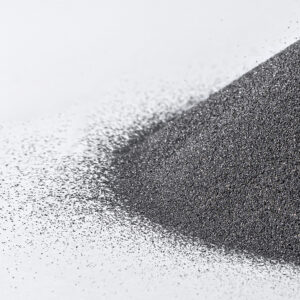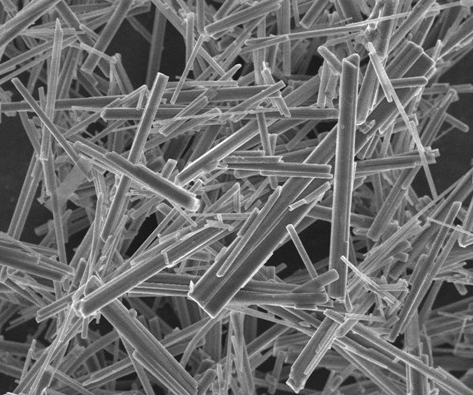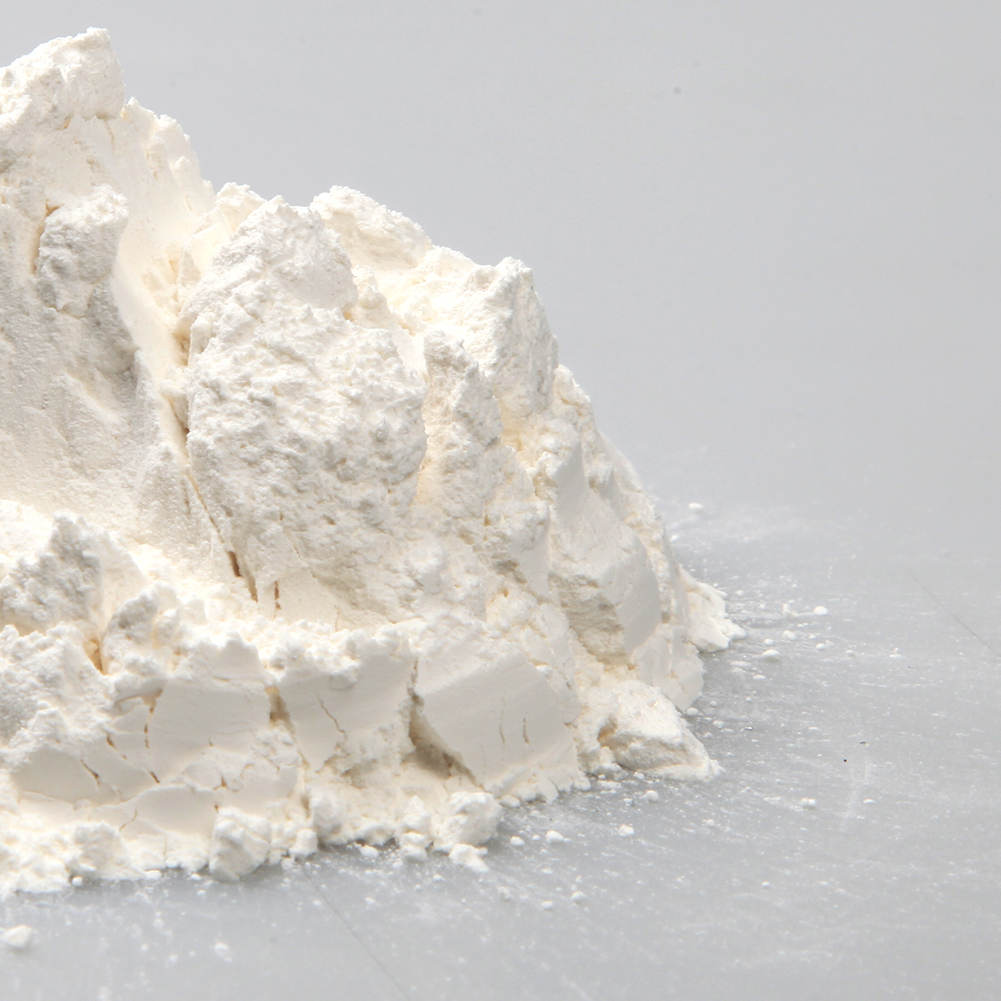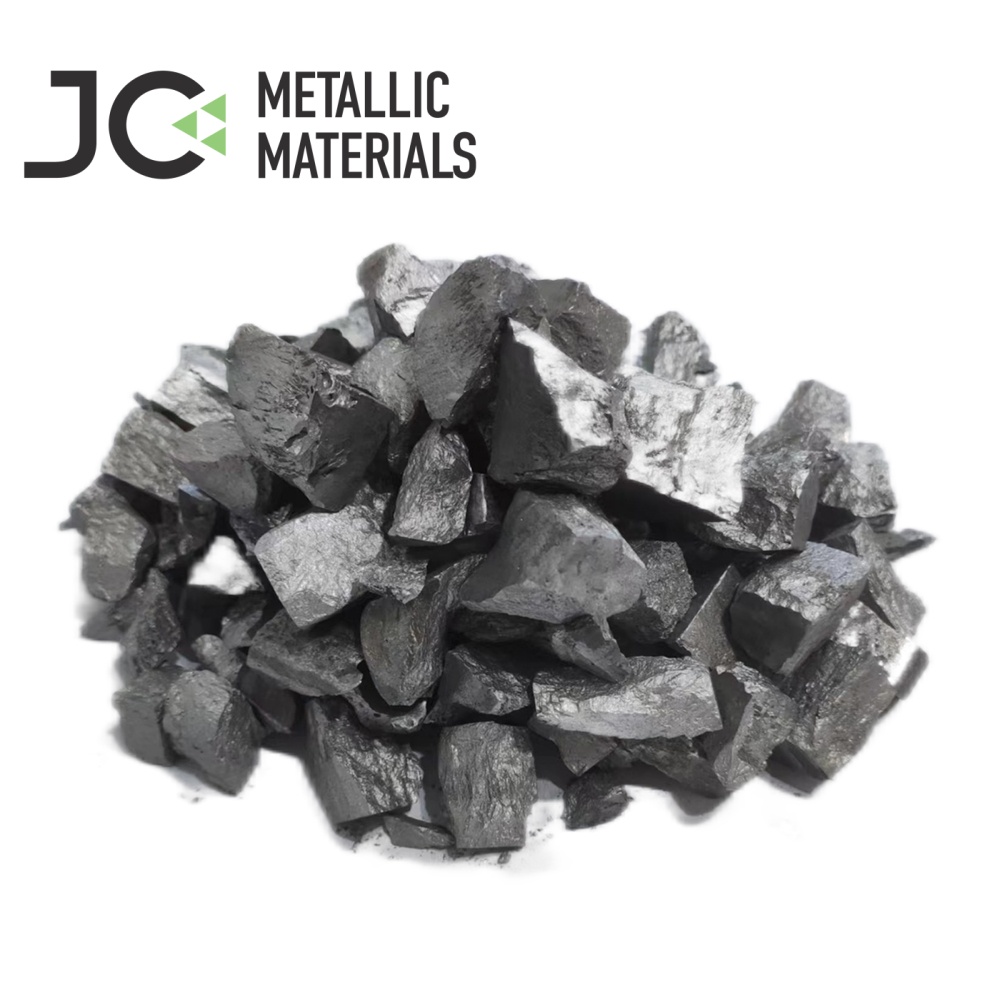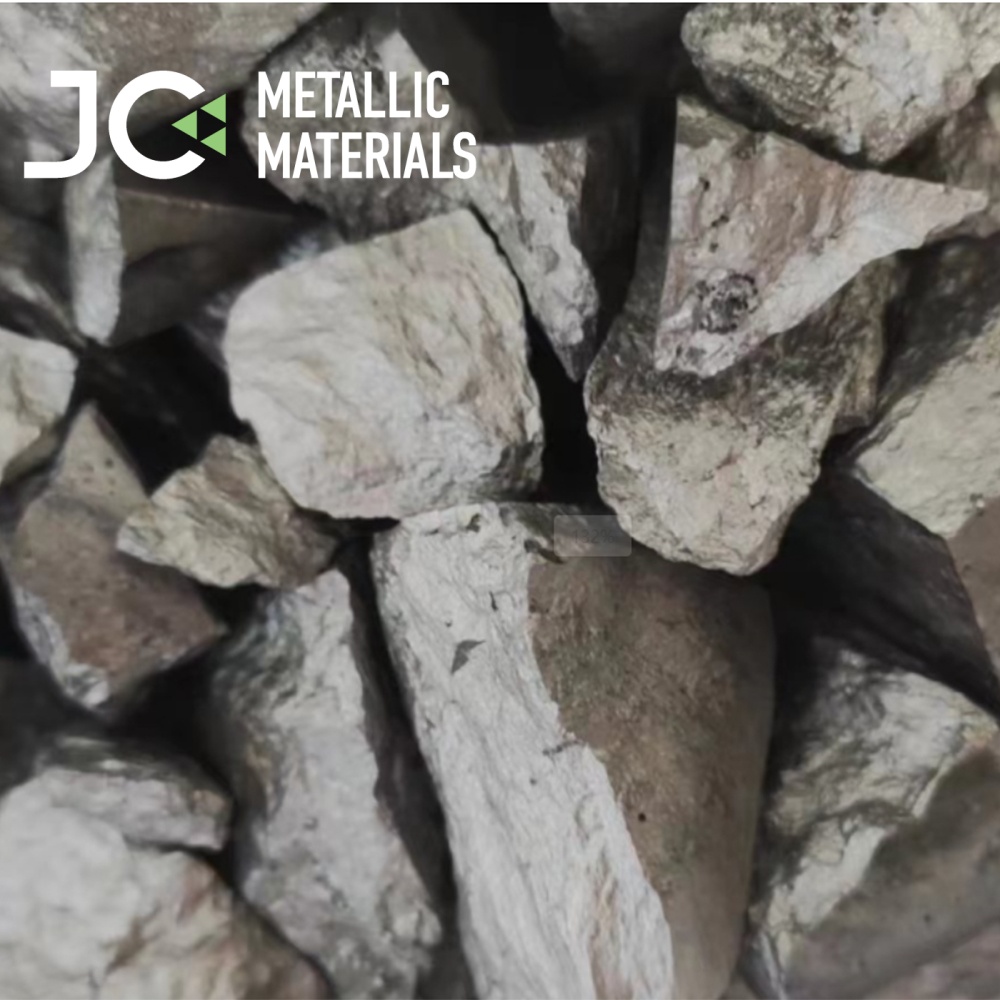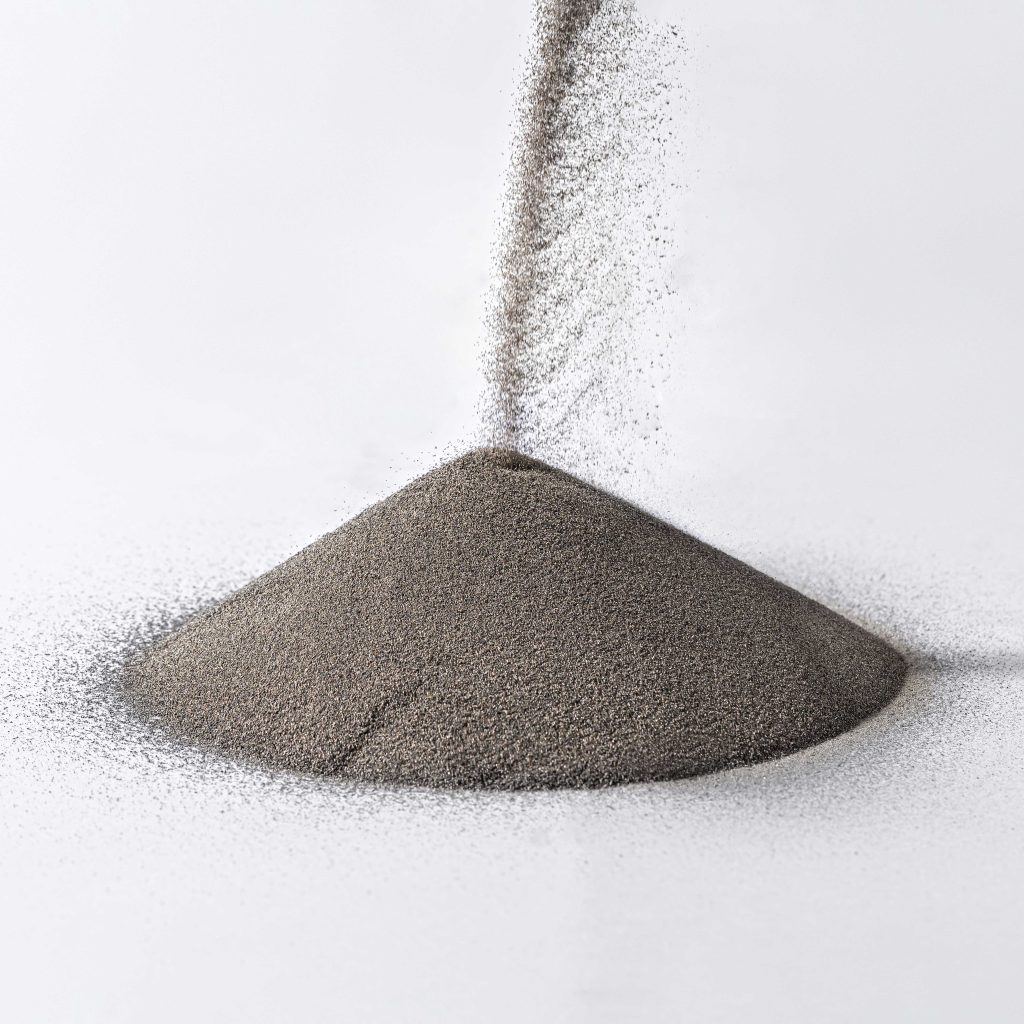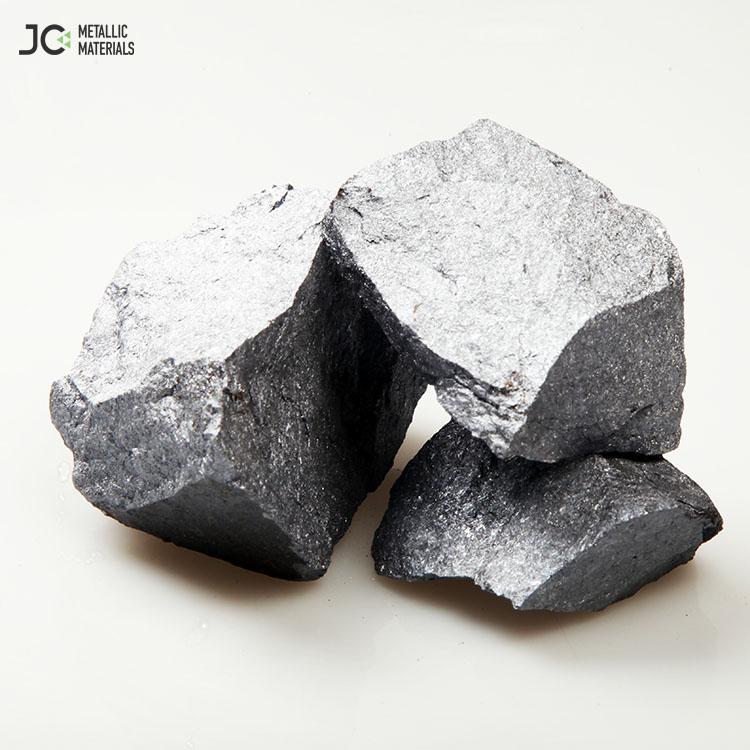
Titanium Carbide: Key Properties, Applications, and Buying Guide
Titanium Carbide is a highly advanced industrial material. This metal is used widely in metallurgy and aerospace. It is also used in several tool manufacturing and advanced coatings. Titanium metal is a material that plays an important role in industries requiring strength, durability and heat resistance. Its exceptional hardness and high melting point make it a great choice.
In order to maintain consistent quality and competitive price, it is vital for B2B buyers and importers to have a good understanding of the qualities, applications, and dependable sources of titanium metal.
China is one of the world’s major suppliers of titanium metal powder. This guide will walk international purchasers through the process of sourcing from China by exploring the key features, industrial applications, and market insights of titanium carbide.
China’s Major Titanium Carbide Production Regions
| Main Production Region | Why It Is Famous | Key Industrial Feature | Representative Manufacturers |
| Sichuan Province | Known for its abundant titanium resources and strong non-ferrous metallurgy base | Advanced carbothermal reduction technology and large-scale TiC powder production lines | ● Chengdu Jinchun Metallic Materials Co.
● Sichuan Western Metal Materials Co., Ltd. ● Panzhihua Iron & Steel Research Institute |
| Hunan Province | Core region for carbide and ceramic materials manufacturing | Specialized in cutting tool and coating-grade TiC powders | ● Zhuzhou Cemented Carbide Group Co., Ltd.
● Hunan Goldsky New Materials Co., Ltd. ● Zhuzhou Diamond Cutting Tools Co., Ltd. |
| Henan Province | Strong base for refractory and metallic materials | Focused on mass production and export of TiC and alloy powders | ● Luoyang Tongrun Nano Technology Co., Ltd.
● Henan Star Metallurgy Material Co., Ltd. ● Henan Yuxing Metallurgical Materials Co., Ltd. |
| Shandong Province | Rapidly growing in fine powder and coating material development | Expertise in ultra-fine TiC powder for aerospace and composites | ● Zibo Huaxing Materials Co., Ltd.
● Shandong Yafeite Metal Powder Co., Ltd. ● Weifang Kaihua Metal Materials Co., Ltd. |
What is Titanium Carbide (TiC)?
Titanium Carbide has the molecular formula of TiC. It is a blackish gray powder with a cubic rock salt crystal structure. TiC is known for its metallic luster and extreme hardness. It looks similar to tungsten carbide but is lighter.
First method to produce the above substance with the help of carbothermal reduction. It involves reacting carbon black with titanium dioxide (TiO2) at high temperatures in an oven without oxygen. A different popular method is chemical vapor deposition (CVD). It can cover metal or ceramic surfaces with a thin, even layer of TiC.
Titanium carbide has a chemical stability at room temperature. It is highly resistant to oxidation and retains its strength at temperatures higher than 3000degC. This makes it ideal for both electronic and metallurgical applications.
Key Properties and Specifications of Titanium Carbide
Titanium carbide is a high-performance material that has a number of desirable properties, including its strength, temperature resistance, and stability.
| Property | Specification / Range | Industrial Significance |
| Chemical Formula | TiC | Titanium + Carbon compound |
| Pureza | 99% – 99.9% | Defines grade and quality for industrial use |
| Appearance | Black or dark gray powder | Fine crystalline metallic luster |
| Density | 4.9 g/cm³ | Ensures compactness and mechanical strength |
| Melting Point | 3160°C | Excellent high-temperature stability |
| Hardness (Mohs) | 9.0 – 9.5 | Suitable for cutting and wear-resistant tools |
| Thermal Conductivity | 21 W/m.K | Good heat dissipation during machining |
| Electrical Conductivity | 2.5 × 10⁶ S/m | Semi-metallic; used in conductive coatings |
| Particle Size | 1 µm – 50 µm | Adjustable per industry requirement |
| Packaging | 25 kg / 50 kg sealed drums | Moisture-free, inert gas packaging |
Industrial Applications of Titanium Carbide
1: Cutting Tools and Abrasives
Titanium carbide is often combined with tungsten carbide or cobalt binder to improve heat resistance and toughness. It is widely used in the manufacture of cutting tools. It increases tool life and keeps cutting efficiency high even when under extreme stress.
2: Protective Coatings
TiC can be applied to metals or ceramics using chemical vapor deposit (CVD) and physical vapor deposit (PVD). This creates hard, wear resistant coatings. These coatings protect engine parts, dies and molds against abrasion, corrosion and rust.
3: Aerospace and Defense Components
Titanium Carbide is lightweight and resistant to heat. It is used for aircraft engines, rocket parts, and turbine blades. It offers stability and protection in extreme thermal environments.
4: Metallurgical additives
TiC is a grain refiner, and a strengthening agent for steel and composites. It increases the hardness of metallurgical materials, their wear resistance and high temperature performance.
5: Energy and Electronics
TiC has been incorporated into ceramics and battery materials. The excellent thermal and electrical stability of TiC makes it a popular material in the semiconductor industry.
Global Demand and Future Outlook
Global Titanium Carbide Market is growing steadily. Due to the increasing demand for hard materials from the machining, energy, and defense sectors. Recent industry analyses predict that the TiC market will grow at a 5-6% CAGR from 2024 to 3030.
This expansion is fuelled by:
- Production of cutting and drilling tool in the automotive and construction sector has increased.
- The growing aerospace industry requires durable heat-resistant components
- Use of PVD coatings on electronics and surfaces with high performance
- Energy storage technologies such as TiC-based batteries electrodes
Manufacturers around the world are exploring environmentally friendly production methods and nanoparticle forms for TiC. China is a key supplier because of its advanced powder technology and integration with downstream industries.
Step-by-Step Buying Guide for Importers of Titanium Powder
These steps will ensure that international importers have a secure and smooth sourcing process.
Step 1: Identify the Requirements
Consider the application, grade, purity, and particle size.
Step 2: Request technical documents
To ensure consistency and quality, ask suppliers for Certificates of Analysis and Material Safety Data Sheets.
Step 3: Review suppliers and MOQ
Compare prices per kilogram, lead times, and minimum order quantities (MOQ). Prioritize certified and experienced exporters.
Step 4: Negotiate terms and quality assurance
Talk about the terms of payment, delivery, and packaging. Include clauses on quality assurance, inspection procedures and performance standards.
Step 5: Importation and post-delivery inspection
On arrival, random samples and laboratory testing should be performed to verify purity and particle size. To prevent oxidation, store the powder in an airtight and dry environment.
Final Thoughts
Titanium Carbide is the future for high-strength, wear-resistant materials in multiple industries. Its superior hardness and thermal stability make it an essential material for modern manufacturing and engineering innovation.
China is a major supplier of high-quality titanium metal for international markets. Chengdu Jinchun Metallic Materials Co. Ltd. is a top producer that stands out because of its commitment to technology, quality and customer service.
Partnering with a Chinese manufacturer such as Chengdu Jinchun. It is known for its reliable titanium carbide powder at competitive prices, ensures a consistent supply, customized specifications, and export experience.
Most Asked Questions About Titanium Carbide
Q1: What are the uses of titanium carbide?
Answer: Titanium metal is used as a metallurgical and aerospace additive in addition to cutting tools due to its extreme durability.
Q2: What is the difference between Tungsten Carbide and Titanium Carbide?
Answer: TiC is slightly denser but comparable to Tungsten carbide (WC). It is lighter and offers greater oxidation resistance. It makes them an ideal for high-speed tooling.
Q3: What are the most common purity levels?
Answer: Commercial titanium metal powders are typically 99%-99.9% pure, depending on their application and processing.
Q4: How can you ensure the quality of TiC powder imported?
Answer: Verify the credentials of suppliers, ask for COAs and MSDSs, and conduct independent tests to determine purity, particle size and composition.
Q5: What industries are the most likely to benefit from titanium carbide products?
Answer: TiC is used in many industries includes automotive, aerospace and metallurgy. It also enhances the performance and longevity of materials.
